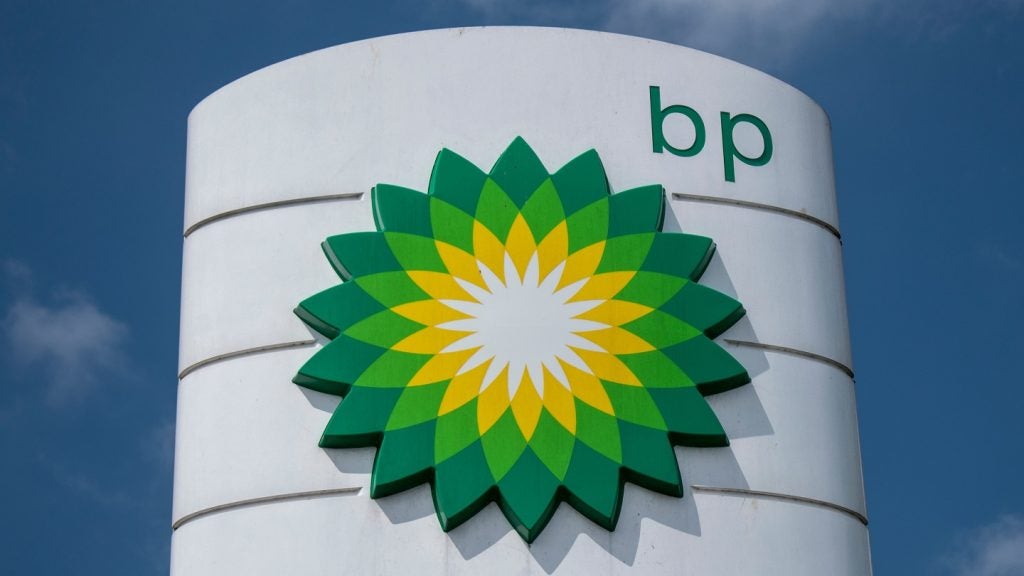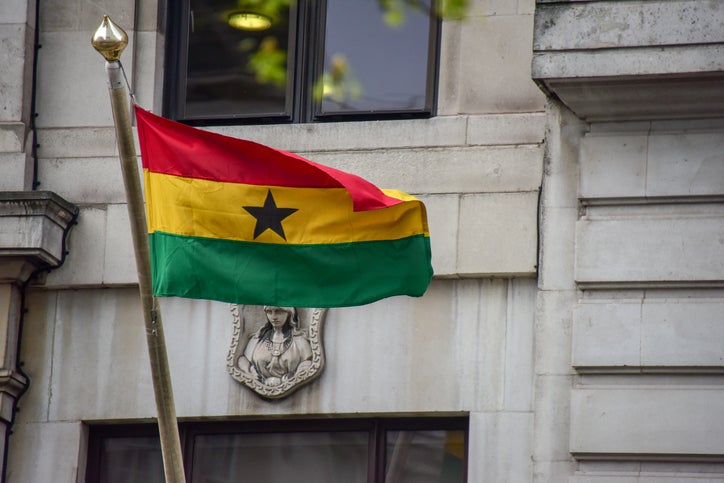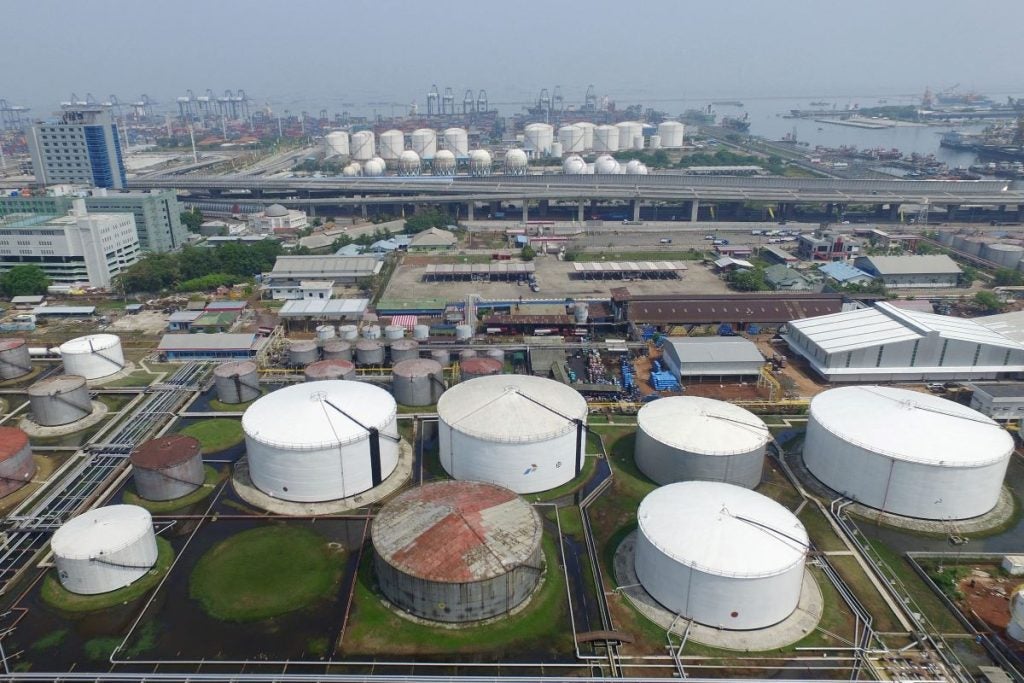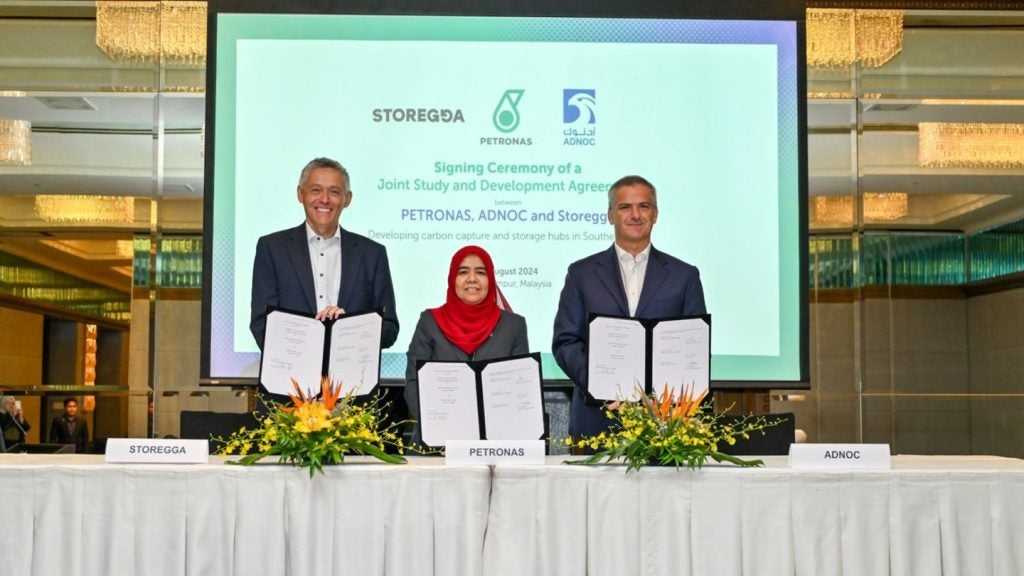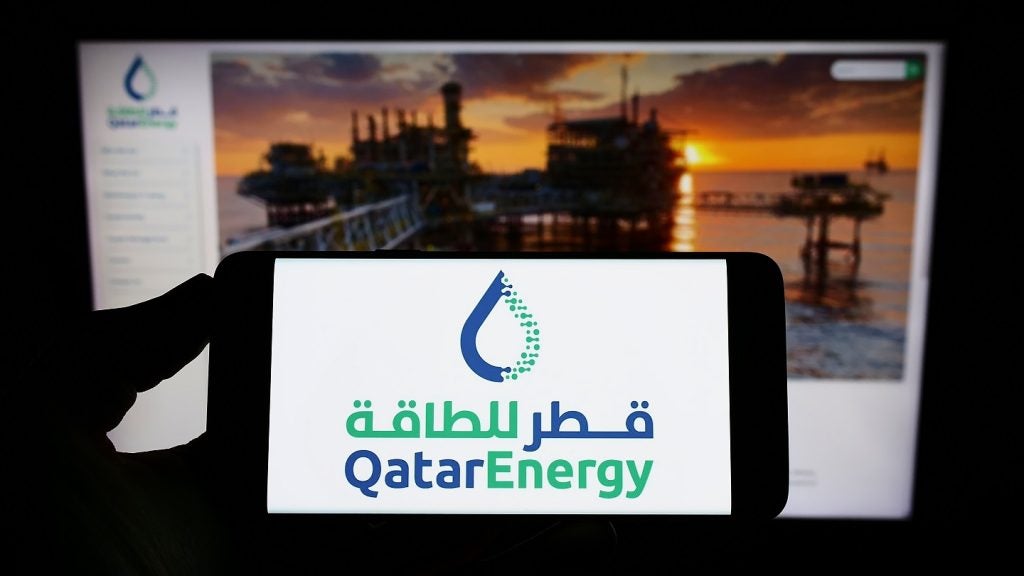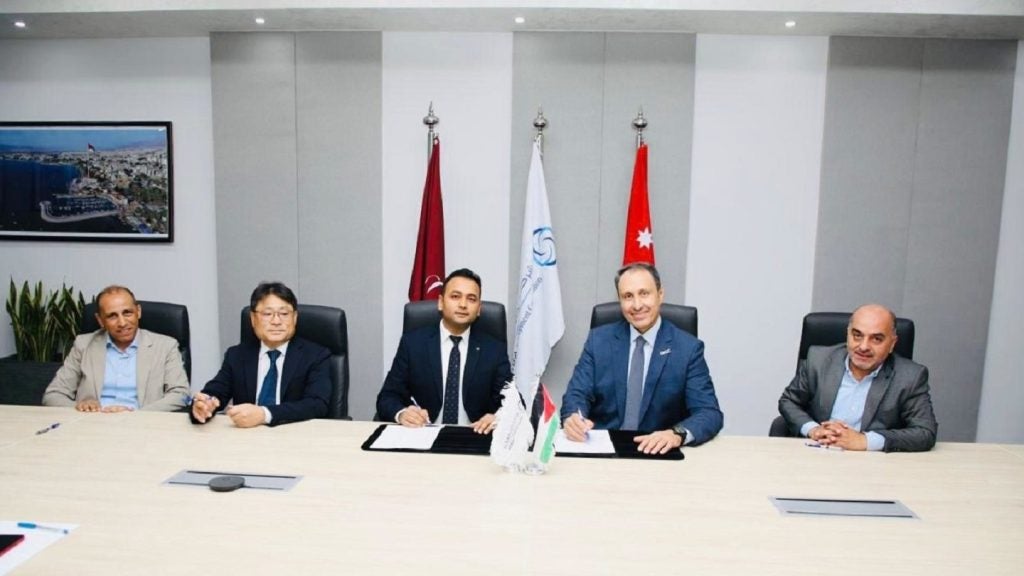Iraq plans to operate on a profit-sharing model with British energy giant BP for the development of the Kirkuk oil and gas fields, reported Reuters, citing sources.
This move is part of Iraq's efforts to accelerate production growth and attract Western oil majors back to the country.
The potential agreement comes as the British energy major returns to Iraq after nearly a five-year hiatus.
Earlier this month, a preliminary deal was signed to develop four fields in the Kirkuk region.
bp estimates these fields hold about nine billion barrels of recoverable oil.
According to two oil ministry officials, the contracts for the Kirkuk, Bai Hasan, Jambour and Khabbaz fields will operate on a profit-sharing basis.
This model allows Iraq and bp to benefit from rising oil prices, addressing past concerns from oil majors over the flat-rate service contracts.
bp has refrained from commenting further than its 1 August statement on the preliminary agreement.
The officials disclosed that a confidentiality agreement is expected to be signed this week, enabling Iraq to provide bp with the necessary data for the fields and installations.
A final agreement is anticipated by the end of this year, although bp had previously stated that negotiations over the preliminary agreement might conclude early in 2025.
The collaboration between bp and the Iraqi oil ministry dates back to 2013 when they signed a letter of intent for Kirkuk's development.
This partnership was interrupted in 2014 due to Iraq's advance, which led to the Kurdish Regional Government taking control of the Kirkuk region.
Following a failed Kurdish independence referendum in 2017, Baghdad regained control and bp resumed its studies at the field.
However, bp withdrew from the oilfield in late 2019 after its service contract expired without an expansion agreement.
Iraq, a leading producer in the Organization of the Petroleum Exporting Countries, has a production capacity of nearly five million barrels per day.
Kirkuk's fields, discovered in 1927, currently produce approximately 245,000 barrels per day.
bp has indicated that rehabilitating and building new facilities, along with other measures, could stabilise and increase production at Kirkuk.


